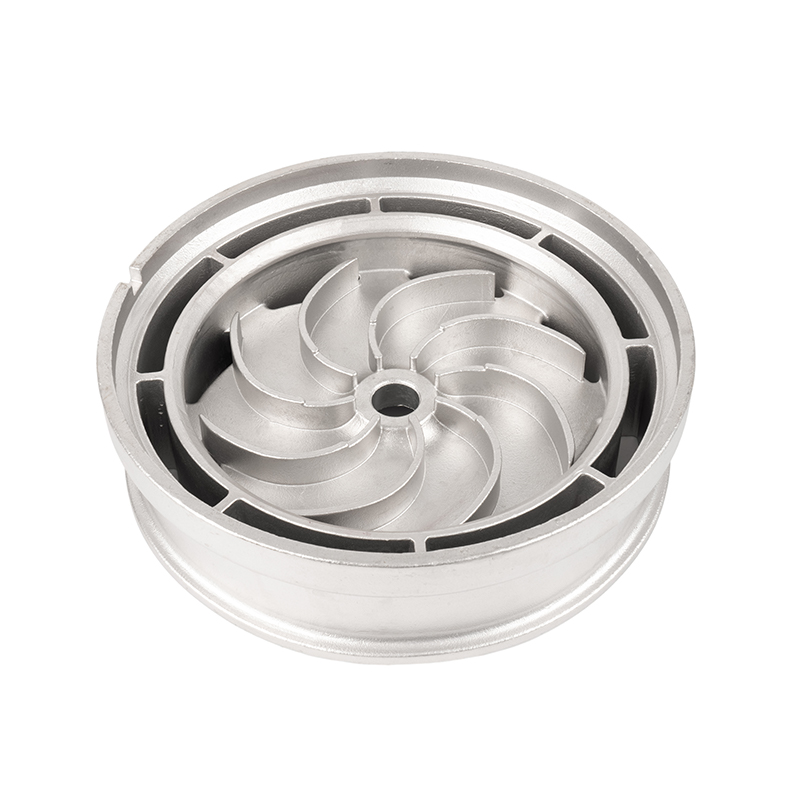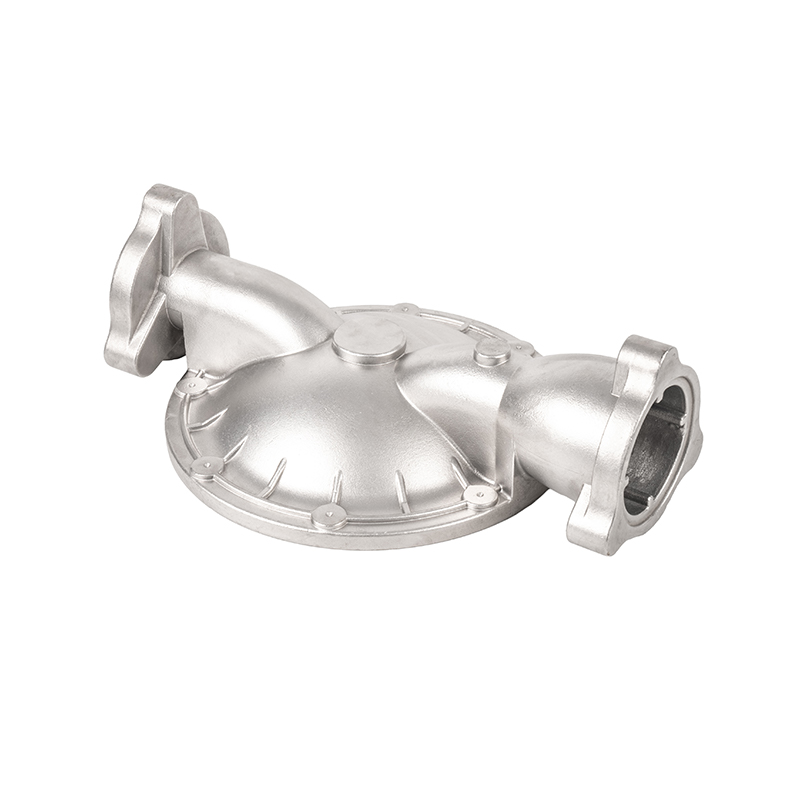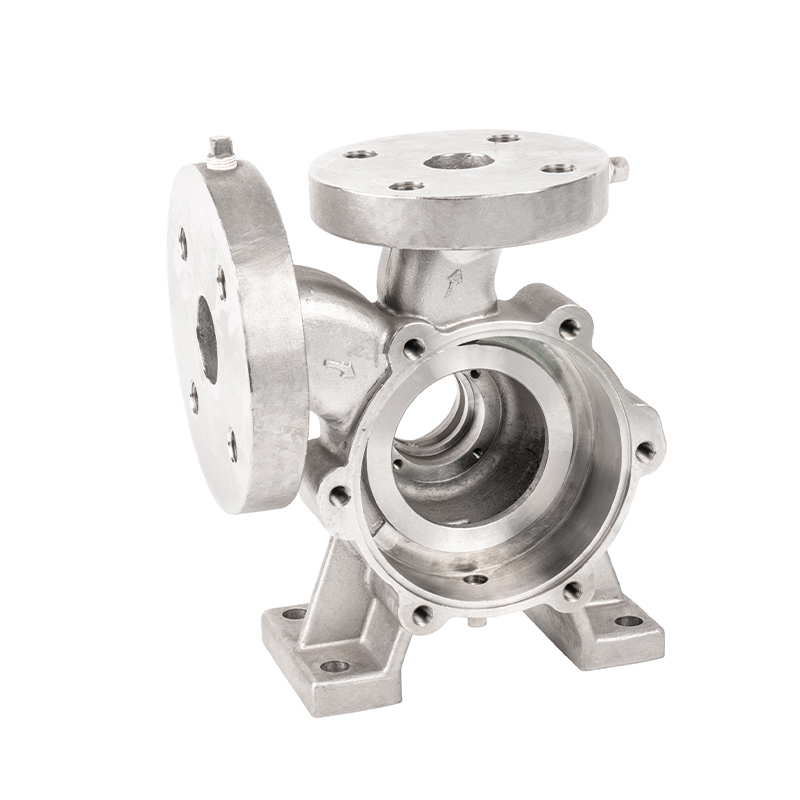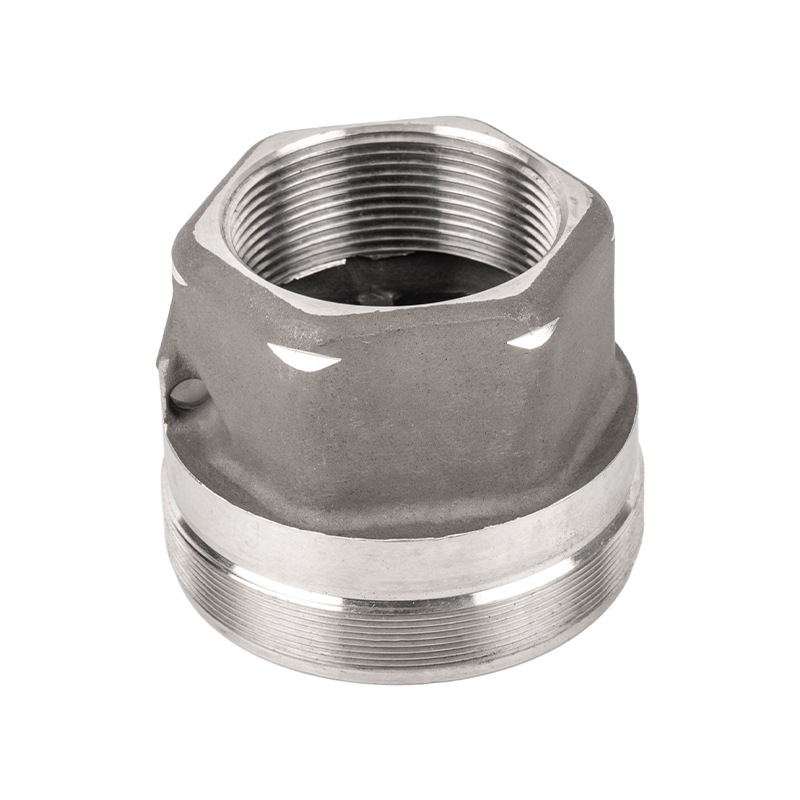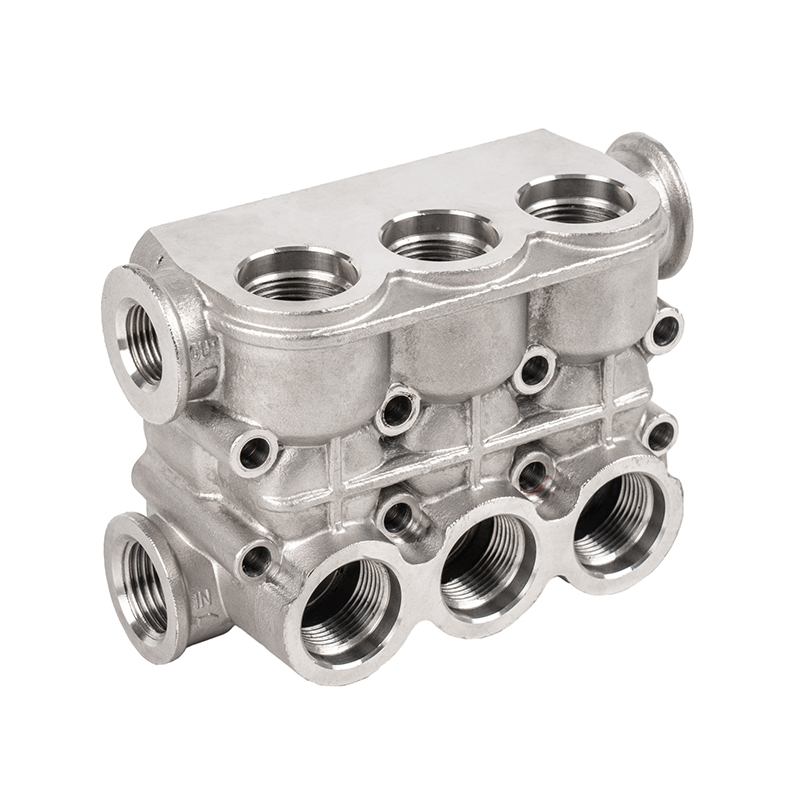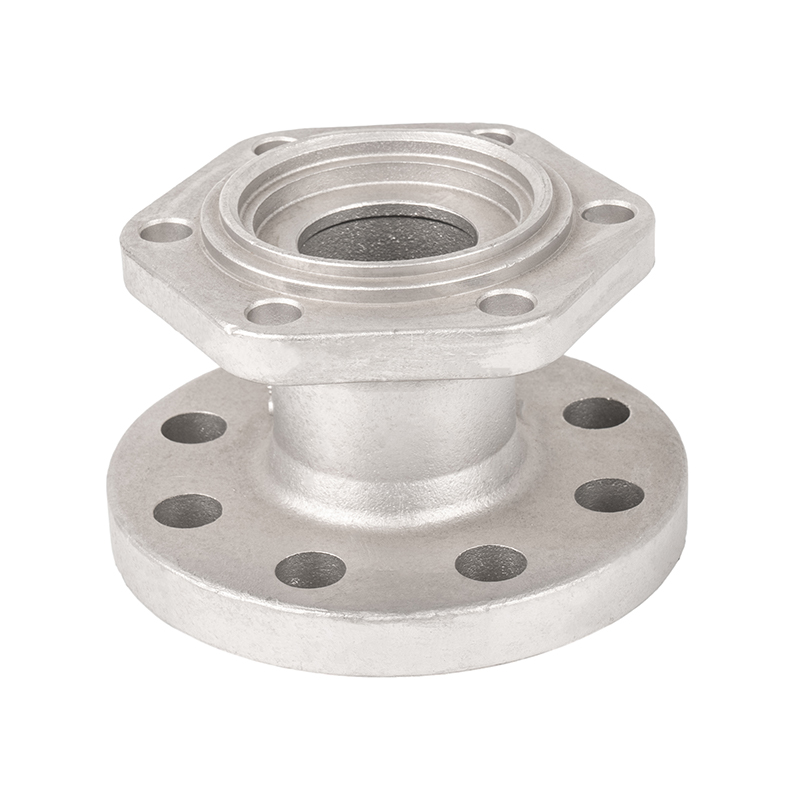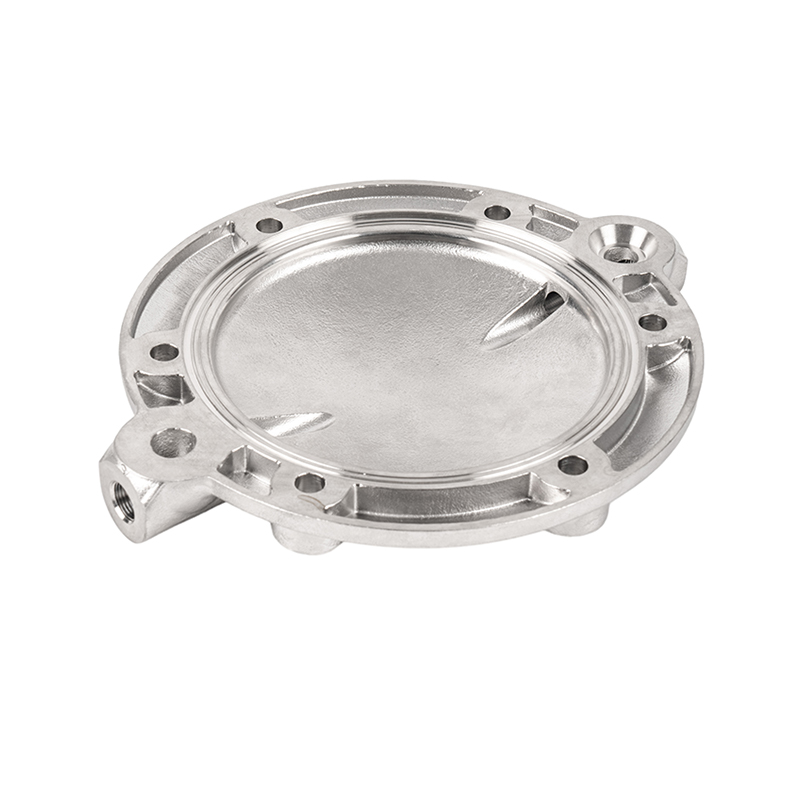How do the pores inside the casting affect the performance of the diaphragm pump casting
In the machinery manufacturing industry, diaphragm pumps are an important fluid transport equipment, and their application areas cover many industries such as chemical industry, pharmaceuticals, and food processing. The internal quality of the casting, the core component of the diaphragm pump, is crucial to the overall performance and service life of the pump. Among the internal defects of castings, pores are the most common and have a profound impact on the performance of diaphragm pumps.
The presence of pores directly destroys the structural integrity of the casting. Tiny voids inside the casting weaken the continuity of the metal, resulting in a reduction in the effective load-bearing area. During the working process of the diaphragm pump, due to the need to withstand high pressure and impact force, the existence of internal pores will significantly reduce the load-bearing capacity of the casting, and may even cause deformation or rupture under high pressure conditions. This not only affects the efficiency of the pump, but may also pose a threat to the safety of the operator.
The existence of pores can also easily lead to stress concentration. When the diaphragm pump casting is subjected to external force, the metal material around the pores will bear greater stress. This stress concentration phenomenon will significantly reduce the mechanical properties of the casting, including tensile strength, yield strength and impact toughness. In the case of high-frequency vibration or long-term fatigue load, the metal around the pores is more likely to undergo fatigue fracture, which will shorten the service life of the diaphragm pump and may cause equipment failure, thus affecting the normal operation of the production line.
In addition, the pores also have a negative impact on the sealing performance of the pump body. The pores inside the pump body will destroy its sealing structure, resulting in a decrease in air tightness. This not only affects the stability of the pump's working pressure, but may also cause liquid leakage during operation. Especially when handling toxic, harmful or flammable and explosive liquids, leakage will pose a serious threat to production safety.
Porosity also reduces the corrosion and wear resistance of the casting. Due to the existence of pores, the metal continuity of the casting is destroyed, and corrosive media and wear particles are more likely to invade the interior of the casting, resulting in increased corrosion and wear on the surface and interior of the casting. This will not only shorten the service life of the casting, but also affect the working efficiency and performance stability of the pump.
In order to improve the quality of diaphragm pump castings and reduce the impact of pores on its performance, companies can take the following measures:
Optimize the casting process: By adjusting parameters such as casting temperature, pressure, and fluidity of molten metal, the generation of pores is reduced and the structural compactness of the casting is ensured.
Use high-quality raw materials: Ensure that the selected raw materials do not contain excessive gases and impurities to reduce the formation of pores from the source.
Strengthen casting inspection: Use X-ray, ultrasonic and other non-destructive testing technologies to promptly discover and deal with defects such as pores inside castings to ensure that the quality of castings meets standards.
Improve the surface quality of castings: Improve the smoothness and flatness of the surface of castings through grinding, sandblasting and other treatments, thereby reducing the impact of pores on the sealing performance of the pump body.


 English
English Español
Español русский
русский 中文简体
中文简体

